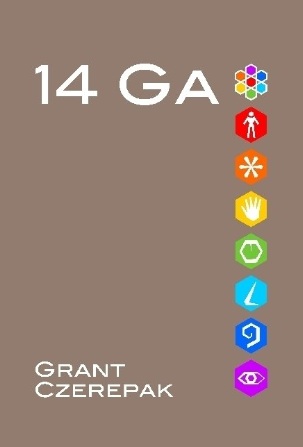So, you think Aristotle was stupid? Sorry, no, you are stupid.
What modern science fails to recognize about Ancient Greek science is the limitations of observation without any extending technology put on Greek theory.
Modern scientists don’t acknowledge that every refutation of Aristotlean theory was due to the introduction of technology over 1000s of years that extended our powers of observation to macrosensory and microsensory ranges.
Aristotle’s theories were the best anyone could have come up with using the tools, unassisted human sensation, they had.
Aristotle in trying to describe the motion of thrown objects was a good description of the motion of rocket propelled objects.
The Greek elements of Earth, Water, Air and Fire are actually describing the states of Solid, Liquid, Gas and Plasma and rules they do obey.
Aristotle’s and Ptolemy’s model of the heavens was simply an attempt to make a mechanical clock to represent the observed movement of the heavens. Their unassisted sensory experience made their conclusions and their model unavoidable until tools for macroscopic observation of the sun, planets and stars were possible.
Spontaneous generation recognizes that moisture and decay create a favorable environment for the growth of organisms. What had not been observed was the existence of microscopic eggs, spermatazoa and sexual reproduction.
So Aristotle and Ptolemy used the best metaphors they had. That has not changed. The best model we have right now is a computer. In about 1500 years they will say we were complete idiots.










2009/11/29 at 12:59:19
[…] For example, in his post What’s Right with the Zachman Framework, Grant Czerepak states that “the architectural metaphor conceals what the six perspectives are actually about: Entities, Relationships, Attributes, Constraints, Definitions and Manipulations”. And referring to the Kipling-Zachman lens, Grant claims that “the interrogatives have a foundation that goes back over three thousand years across every human culture”. (In a separate post, he says It’s not Aristotle’s fault, it’s your fault.) […]